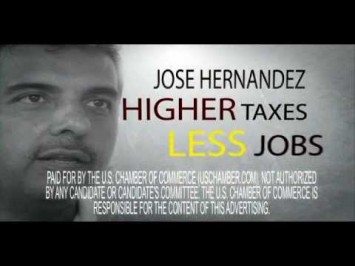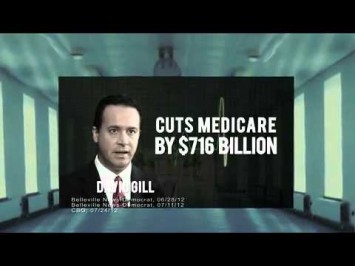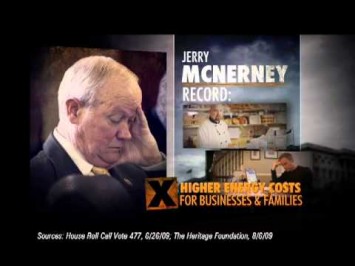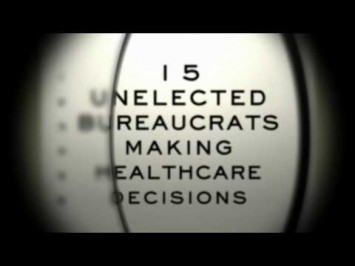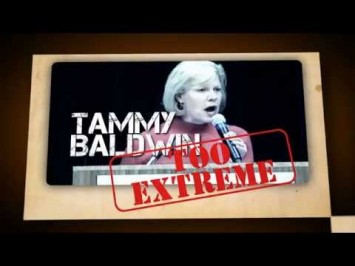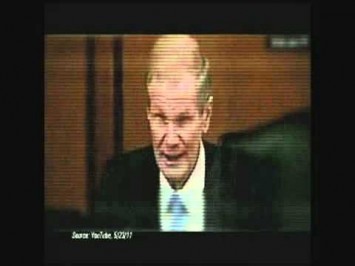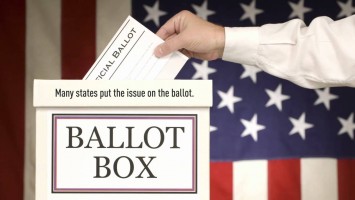U.S. Chamber Of Commerce: “IL-10: Brad Schneider”

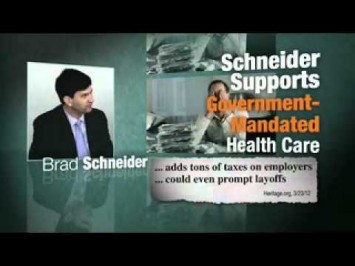
The U.S. Chamber of Commerce criticizes U.S. House candidate Brad Schneider (D-IL) for supporting “government-mandated health care” and accuses him of wanting “to hit our small businesses with higher taxes.” However, the Chamber relies on the false argument that ending the Bush tax cuts for the wealthiest Americans would have a significant impact on small businesses, when in fact it would reduce the deficit without harming the economy. The Chamber’s broader argument that taxes and regulations are holding back the economy is misleading, as the real key to job creation is increasing consumer demand.
Read more after the jump.


